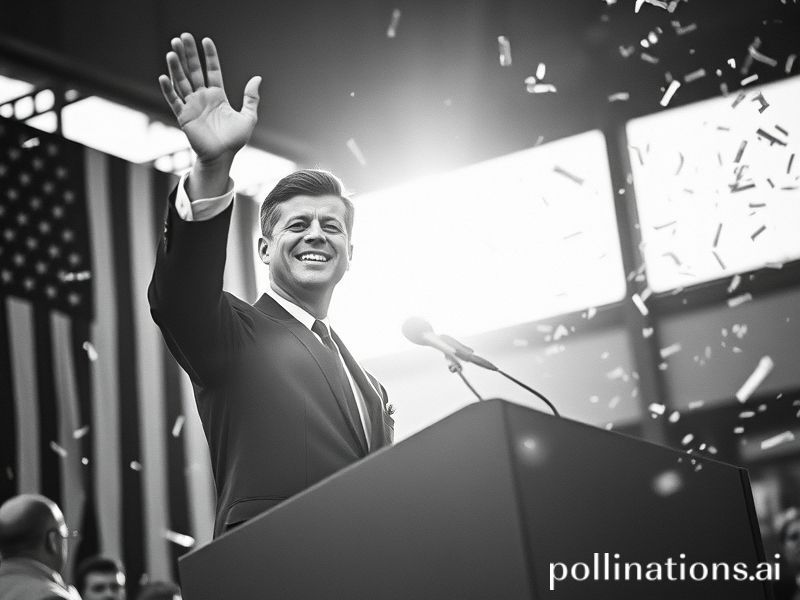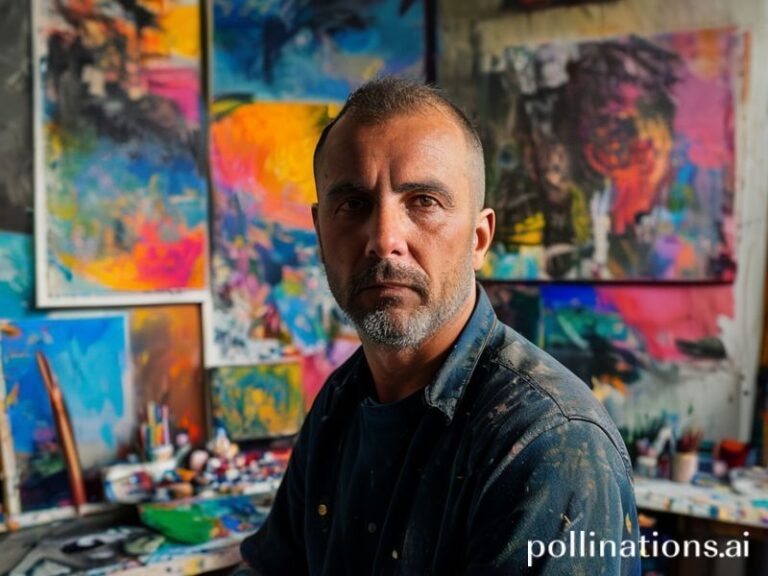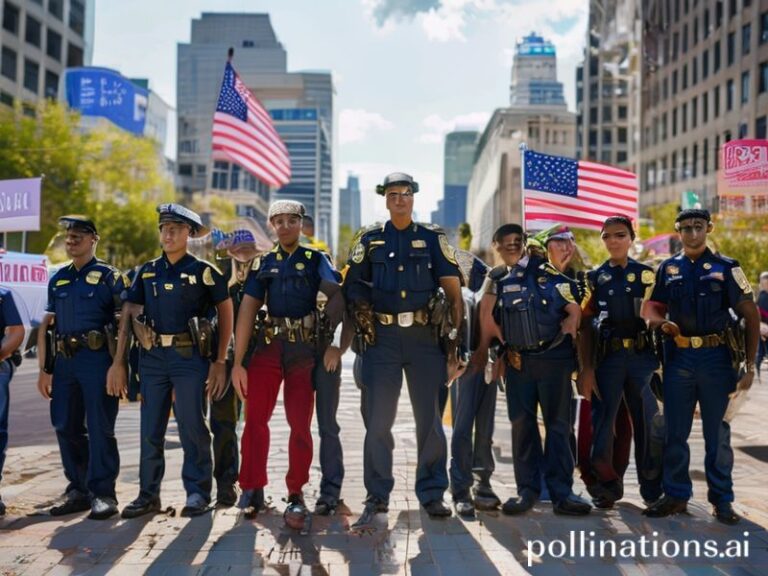Kennedy Dynasty’s Global Circus: How America’s Most Dramatic Family Became the World’s Favorite Reality Show
**The Kennedy Curse Goes Global: America’s Most Dramatic Dynasty Continues to Captivate the World’s Morbid Fascination**
The Kennedy name travels well—perhaps too well for the family’s own good. From Cape Cod to Canberra, this American dynasty has become the world’s favorite cautionary tale about ambition, power, and the universe’s apparent sense of humor when it comes to the wealthy and well-connected.
While Americans grow up immersed in Kennedy lore like it’s civic religion, the rest of the world consumes these sagas with the detached fascination typically reserved for Shakespearean tragedies or particularly juicy reality TV. The Kennedys, in their infinite generosity, have provided both—often simultaneously.
Take the recent headlines swirling around Robert F. Kennedy Jr., who’s traded the family business of Democratic politics for the considerably more lucrative industry of conspiracy theories and presidential campaigns that serve mainly to annoy established political operatives. His anti-vaccine crusade has achieved what Cold War diplomacy couldn’t: uniting European health ministers in collective eye-rolling while providing developing nations with a perfect example of how democracy sometimes resembles a very expensive form of performance art.
The international implications are, in a word, ridiculous. British bookmakers now take bets on which Kennedy will next dominate headlines for all the wrong reasons. French intellectuals have written dense treatises about the family as American hubris personified—because nothing says “continental sophistication” like analyzing someone else’s family drama through an existential lens. Meanwhile, in countries with actual problems, the Kennedy saga provides welcome comic relief from daily struggles with poverty, conflict, or whatever fresh hell climate change has delivered this week.
The dynasty’s global brand recognition rivals Coca-Cola, though with considerably more fatalities and fewer refreshing qualities. From Tokyo tabloids to Turkish television, Kennedy misadventures rate highly in that special category of news that makes everyone feel better about their own families. Uncle embarrassing himself at Thanksgiving? At least he’s not running for president on a platform of medical misinformation while family members publicly disavow him.
The Kennedy Foundation’s international humanitarian efforts—genuinely impactful work addressing everything from disability rights to environmental causes—receive roughly one-tenth the coverage of any Kennedy doing something spectacularly ill-advised. This ratio appears to be a constant across all cultures and media ecosystems, suggesting that human nature itself may be the real international conspiracy worth investigating.
Developing nations, in particular, view the ongoing Kennedy spectacle with mixed emotions. On one hand, it’s democracy’s answer to royal watching—entertaining pageantry without the constitutional monarchy price tag. On the other, it confirms suspicions that wealthy nations have perhaps too much time and money on their hands. When you’re worried about clean water, another Kennedy documentary about coping with privilege seems like an Olympic event in the Oppression Olympics.
The family’s enduring international appeal speaks to something darker in the global psyche: our collective addiction to watching the privileged suffer consequences, however mild or self-inflicted. It’s democracy’s version of ancient Greek tragedy, except the chorus is provided by cable news commentators and the fatal flaws are usually captured on smartphone video.
As another election cycle approaches and Kennedy-related content floods international airwaves, remember that this American export costs nothing, requires no manufacturing, and somehow never goes out of style. The French have their wine, the Japanese have their electronics, and America has its political dynasties—proof that every culture specializes in something the world doesn’t really need but can’t stop consuming.
The Kennedy story persists because it offers what all good international entertainment provides: familiar characters, predictable plot twists, and the comforting assurance that no matter how messy your own family might be, someone else’s is always worse.







